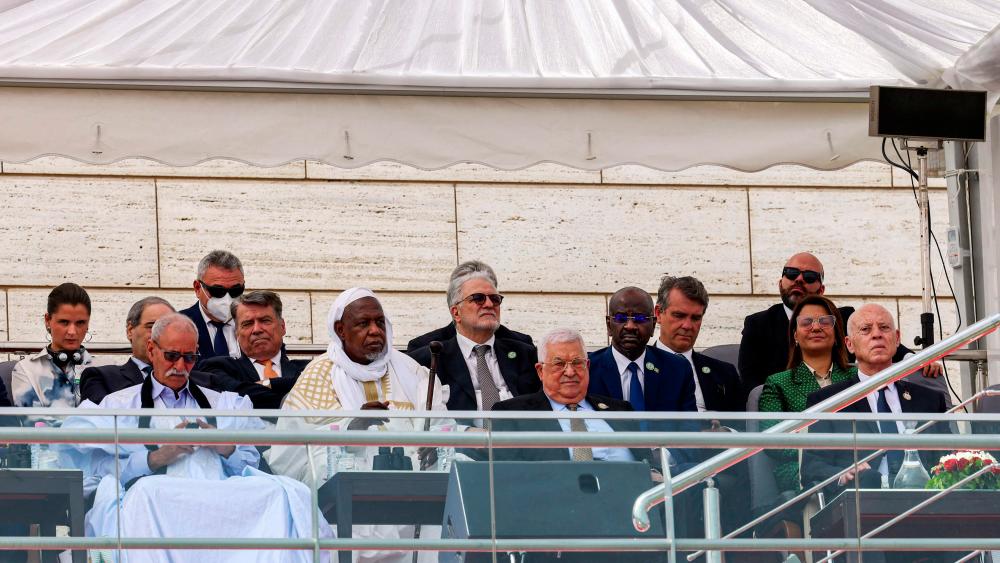ALGERIA: Algeria marks 60 years of independence from France on Tuesday with a huge military parade, but memories of violence during the colonial period continue to overshadow ties between the two.
The North African country won its independence following a gruelling eight-year war, which ended with the signing in March 1962 of the Evian Accords.
On July 5 of the same year, days after 99.72 percent voted for independence in a referendum, Algeria finally broke free from colonial rule -- but memories of the 132-year occupation continue to mar its ties with France.
President Abdelmadjid Tebboune placed a wreath at the Martyrs Sanctuary memorial in Algiers on Tuesday, then rode in an open-top car with armed forces chief Said Chanegriha to inspect several military units before the parade officially set off.
Authorities had on Friday closed a 16-kilometre (10-mile) stretch of a major artery in Algiers for the army to carry out final rehearsals for the parade, the first in 33 years.
The closure has caused huge tailbacks on roads leading to the eastern suburbs of the capital.
Tebboune is hosting several foreign dignitaries including Palestinian president Mahmud Abbas, Tunisia's Kais Saied and Niger's Mohamed Bazoum.
The government has even commissioned a logo -- a circle of 60 stars containing military figures and equipment -- to mark “a glorious history and a new era”.
Algeria's war of independence left hundreds of thousands dead, but six decades on, despite a string of gestures by French President Emmanuel Macron, France has ruled out any form of apology for the colonial period.
“There’s no way we can forget or erase the human genocide, the cultural genocide and the identity genocide of which colonial France remains guilty,“ said Salah Goudjil, speaker of the Algerian parliament’s upper house, in an interview published by newspaper L’Expression on Monday.
French-Algerian ties hit a low late last year after Macron reportedly questioned whether Algeria had existed as a nation before the French invasion and accused its “political-military system” of rewriting history and fomenting “hatred towards France”.
Algeria withdrew its ambassador in response, but the two sides appear to have mended ties since.
On Monday evening, Macron’s office said he had sent Tebboune a letter expressing “his best wishes to the Algerian people and... his wish that the already strong ties between France and Algeria continue to be strengthened”.
It also said a wreath would be placed in Macron's name at a memorial in Paris for European victims of a mass killing in Oran on July 5, 1962.
Tebboune has also marked the occasion by announcing an amnesty that could lead to the early release of thousands of people detained in connection with the Hirak mass protest movement. - AFP









